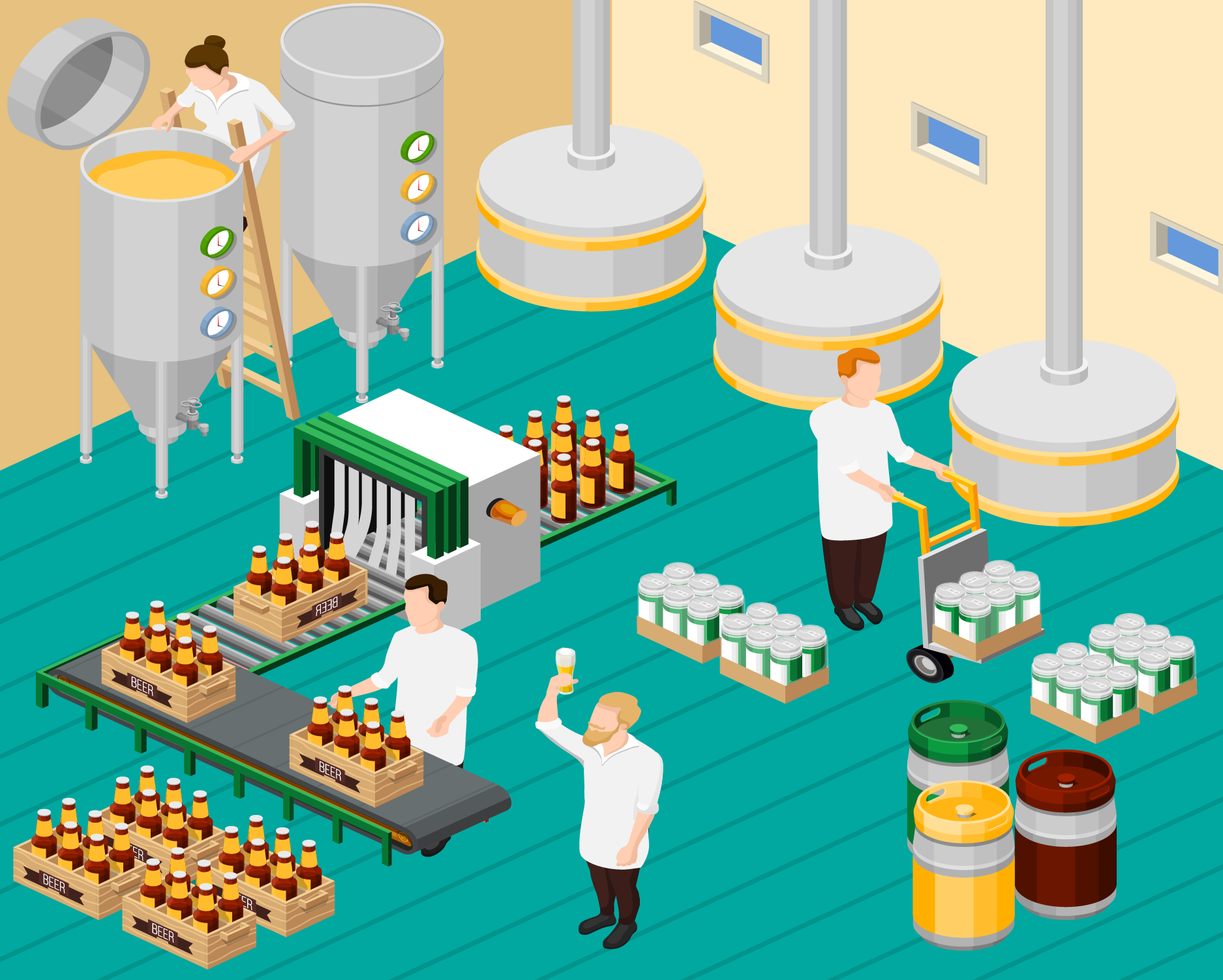By Paul Lembo
In recent years, the American alcohol scene has been overtaken by the rise of microbreweries and brewpubs. Entrepreneurs across the country have been taking advantage of the evolving tastes of a beer-drinking population willing to pay a premium for flavorful ports, pilsners, IPAs and other brews.
But because of the archaic, limiting laws that were in place until late 2012, the state of New Jersey is behind the craft brew times and is only beginning to catch up to the rest of the country. So if you’re a home brewer thinking about bringing your product to a larger audience, or a microbrewer or brewpub owner looking to expand, it’s important to understand how the laws have changed and how they apply to you.
The new laws have:
- Lifted production limits. Brewpubs (defined as restaurants that brew their own beer) had previously been limited to producing 3,000 barrels — or 93,000 gallons — per year. The new law increased that total to 10,000 barrels, or 310,000 gallons. If your beer is that good, you have the potential to triple what your business was producing just a few years ago.
- Expanded distribution potential. Previously, brewpubs were only permitted to sell their craft product within the restaurant. Now, they are permitted to distribute to liquor stores and restaurants through the wholesale distribution system.
- Increased the cap on the number of brewpubs a company may open within the state. The limit on plenary retail consumption licenses has increased from two to 10. So if your business takes off, you have a greater opportunity to add locations.
- Permitted on-site and off-site sampling for brewpubs. Off-site permits from the Alcohol Beverage Control director allow brewpubs to take their product to fairs, charity events or “tap takeovers” at other restaurants.
- Permitted on-site sales and consumption for microbrewery tours. This change to the law allows breweries, with the proper permits, to solicit feedback on new beers in real time, as opposed to relying solely on in-house quality control departments. This change also adds a revenue stream to help increase capital or expand production, as consumers can purchase kegs or pints on site.
- Allowed microbreweries to offer samples both on and off the premises.
Certainly, craft beer has become a phenomenon. But in New Jersey, where outdated laws stunted the growth of the industry, the market is not yet saturated. With the laws currently in place, there’s ample opportunity for entrepreneurs to brew something special. Contact your experienced accounting professional for more information on how these laws can help your business grow.
Paul Lembo is a Manager in the firm’s Food & Beverage Group. If you would like to speak with him about this topic, you may reach him at [email protected] or at 973.994.9400.

 Previous
Previous



